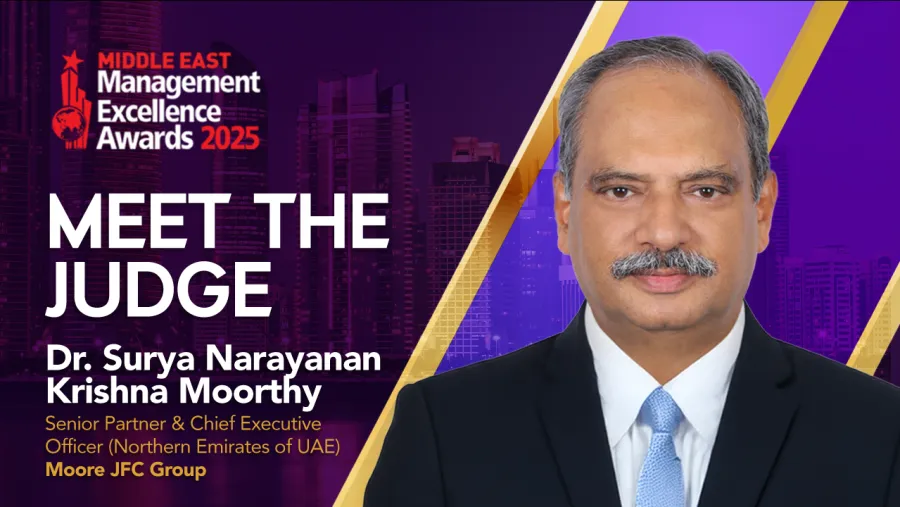
Ethical behaviour, collaboration, and agility are essential for leadership – Moore JFC Group’s Surya Narayanan
Surya underscores leadership in the Middle East, where ethics, transparency, and accountability shape a reliable work culture.
The Middle East has emerged as a dynamic hub for progressive leadership and corporate governance. As the region continues to embrace innovation, regulatory reform, and global integration, business leaders are increasingly expected to demonstrate a forward-thinking mindset, ethical decision-making, and a commitment to long-term value creation.
Sharing expert perspectives, Surya Narayanan Krishna Moorthy, Senior Partner at Moore JFC Group, shared his valuable insights, bringing over 40 years of extensive experience in public accounting and auditing. His professional background spans a wide range of sectors, including hospitality, education, government services, textile, and various other industries in Saudi Arabia, Bahrain, Canada, India, and the UAE.
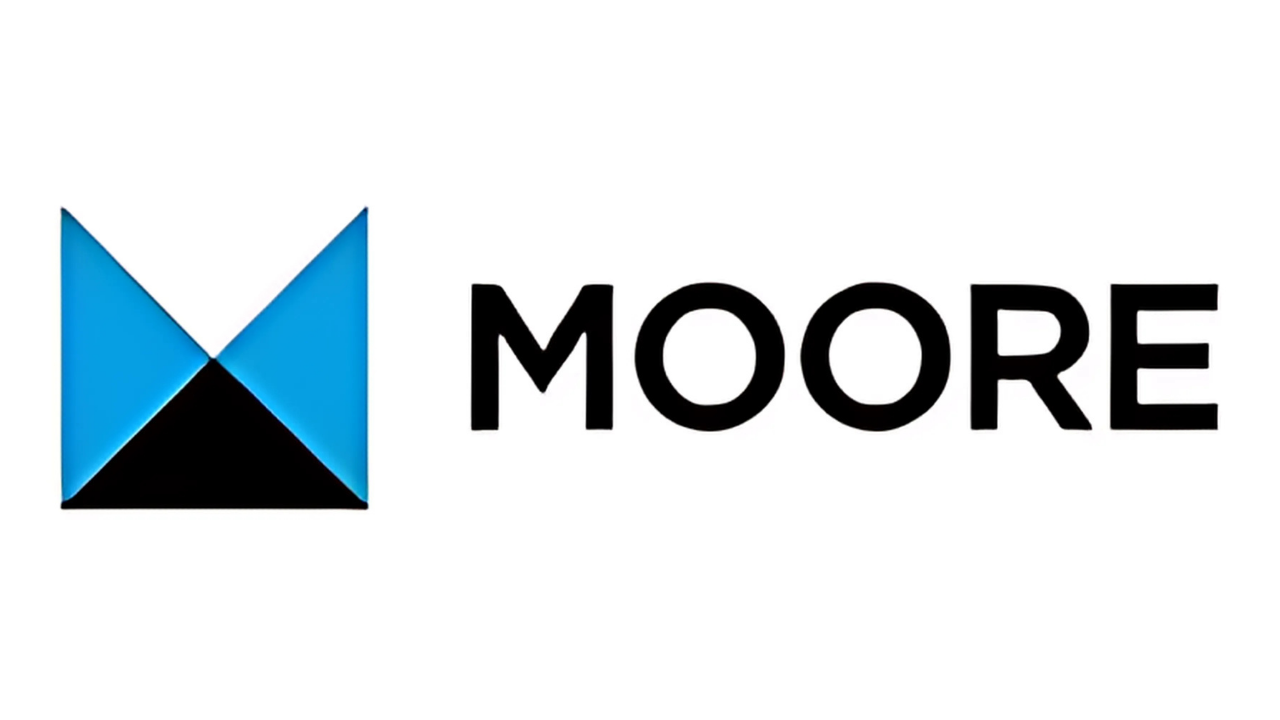
His core strengths lie in corporate finance, CaseWare audit file reviews, audit quality assurance, risk management, financial analysis and presentations, audit methodologies and procedures, and IFRS-based financial reporting, particularly for Public Joint Stock Companies.
As a judge at the Middle East Management Excellence Awards 2025, Surya offered his insights into the region’s evolving leadership landscape, the rising importance of sustainability, and the core attributes that define excellence in today’s business environment.
Given your experience, how have you observed leadership expectations evolve across the Middle East, particularly in terms of fostering accountability, innovation, and long-term value?
Having been in the Middle East for over 30 years and worked with the business community closely, it is my opinion that present day leaders are expected to foster a culture of innovation, change management, and employee development in the shifting sands in the Middle East where the focus is on fostering accountability for their decisions and actions, prioritising innovation, and long-term value. To ensure that decisions are made in the best interests of the enterprise and its stakeholders, a leader is expected to function ethically, with greater transparency and integrity. The rapid digital transformation, market dynamics, and economic diversification initiatives in this region drive the leaders to drive innovation and adopt new technologies like the Internet of Things (IoT), Artificial Intelligence (AI), blockchain, and metaverse. This necessitates their willingness to experiment with new ideas and their adaptability, coupled with forward-thinking. The main objective of the leaders should be to build sustainable businesses that contribute to the long-term economic and social development of the region by investing in human capital development, promoting diversity and inclusion, and contributing to the communities at large.
What leadership behaviours and decision-making approaches are most effective in navigating the unique regulatory, cultural, and economic landscape of the Middle East?
Leaders must demonstrate a deep understanding and respect for local customs, traditions, and religious beliefs. Leaders should prioritise building trust through ethical behaviour, fostering collaboration, and navigating the region's evolving regulatory and economic landscape with agility. Ethical decision-making, transparency, and accountability are to be prioritised to foster a positive and reliable work environment.
Utilising data analytics and market research can provide valuable insights for informed decision-making. Leaders should proactively assess potential risks, both internal and external, and develop strategies to mitigate them. Delegating authority and empowering employees to make decisions within their areas of expertise can foster ownership and accountability. Regularly evaluating the effectiveness of decisions and leadership strategies is essential. Collaboration and teamwork, strategic thinking and foresight are also imperative.
How are organisations in the region strengthening governance, financial transparency, and stakeholder trust in response to growing regional and global scrutiny?
Organisations in the Middle East are actively working to strengthen governance, enhance financial transparency, and build stakeholder trust through a combination of regulatory changes, improved corporate practices, and technological advancements. This is essential for attracting investment, fostering economic growth, and meeting the expectations of a globalised world. Corporate governance initiatives have surged. Independent directors are being appointed to boards that provide better oversight and accountability, fostering trust with stakeholders. Companies have started reporting on Environmental, Social, and Governance (ESG) factors.
With innovation becoming more important to an enterprise’s success, how can businesses in the Middle East make it a part of their everyday operations instead of treating it as a separate idea?
By integrating innovation into daily operations, organisations can create a more efficient, productive, and adaptable workplace, leading to improved performance and a competitive edge. Leaders will have to integrate new ideas and improvements into the regular processes and activities of a business or organisation, including focusing on large, groundbreaking projects. Embracing a growth mindset, use of technology, automating routine tasks and fostering a culture of continuous improvement are important aspects of innovation in daily operations.
Looking ahead, what do you see as the most critical priorities for business leaders in the Middle East to ensure resilience and sustainable growth within their companies in the coming years?
Contributing to a more prosperous and environmentally responsible future by building resilience and achieving sustainable growth should be the most critical priority. Leaders should be focusing on diversification, responsible investments in technology like AI, and fostering a strong, healthy, and inclusive workforce. They should also embrace net-zero initiatives and energy transition, whilst integrating Environmental, Social, and Governance (ESG) criteria into their business strategies.
As a judge for the Middle East Management Excellence Awards 2025, what are the core attributes and achievements you will be looking for when evaluating the nominees?
The key qualities that I will be prioritising when evaluating the nominees are considerable innovation, substantial impression on society-at-large, and intensifying upcoming positive prospects.
I, as a Judge, would like to highlight the importance of mindset, adaptability, strategic action, learning from feedback, and a willingness to take calculated risks, keeping in mind that predicting the future lies in creating it, by utmost belief in “I CAN, I WILL, I MUST!”

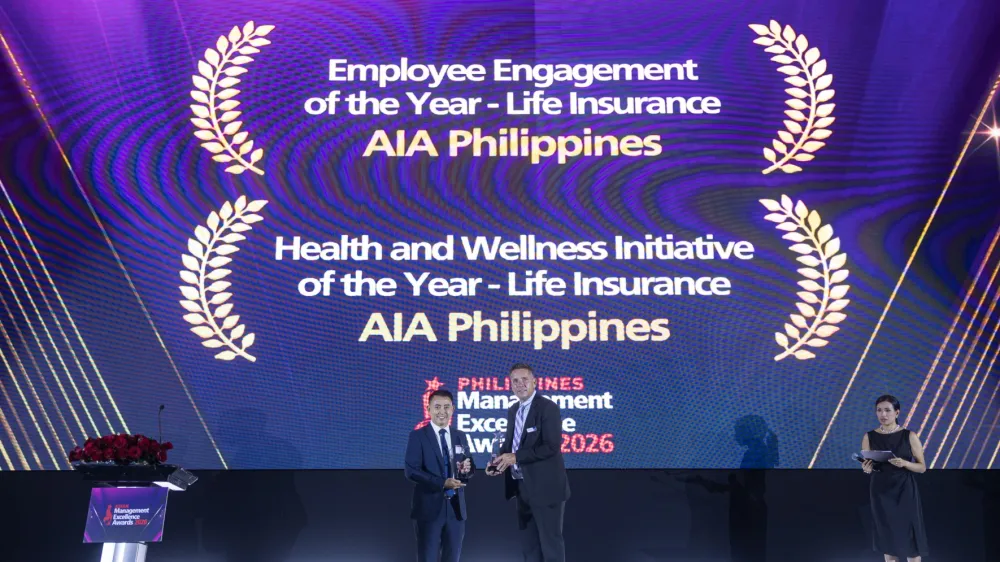







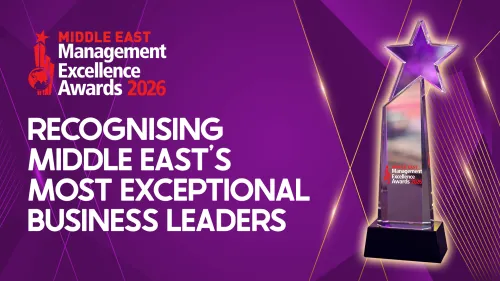
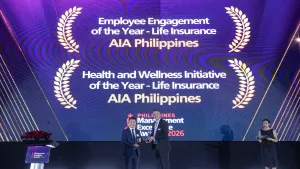







 Advertise
Advertise









